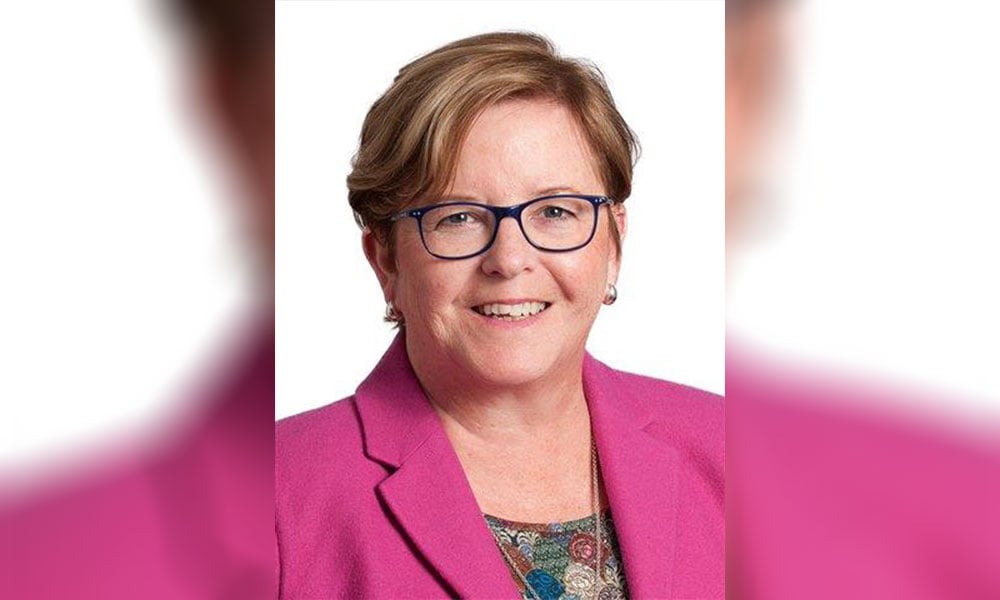
Canada’s other trade agreements have prepared a long list of experts well-suited to the improved CUSMA panels

A newly negotiated free trade deal will open opportunities for Canada’s legal experts to weigh in at a forum specific to North American conflicts for the first time in two decades.
Politicians have widely heralded the new North American trade deal’s dispute resolution mechanism. The U.S. House Committee on Ways and Means lauded Democrats’ efforts for creating rules of evidence, and the Canadian government said the deal “provides important assurance” and will help in “defending Canada’s interests in trade remedy cases.”
The changes to panel selection for state-to-state dispute settlement come as one of the other main trade forums, the World Trade Organization’s appellate body, has fallen out of function.
Valerie Hughes, a senior counsel at Bennett Jones LLP in Ottawa, says the WTO and Canada’s other trade agreements have prepared a long list of experts well-suited to the improved CUSMA panels.
Hughes has followed the international dispute space closely, having served in government when the previous system was implemented. On top of arguing Canada’s first investor-state dispute under the NAFTA, she has been involved in more than 70 WTO disputes, as counsel for the Government of Canada before WTO panels and the organization’s Appellate Body, as an adjudicator in WTO disputes, director of the WTO’s Legal Affairs Division, or Director of its Appellate Body Secretariat.
Hughes says the new North American agreement has indeed made significant improvements to a system long plagued by “panel blocking.” While it’s not the best system in every way — it doesn’t allow a neutral third-party to decide who sits on a panel, for instance — the new Article 31 fixes issues that stymied the old system (which only heard three cases over 25 years.)
For one, the new system better ensures that panels are formed to adjudicate disputes. It takes out the involvement of Free Trade Commission of Ministers and makes sure a panel is created even where a party refuses to participate in the process of selecting panelists.
In brief, because panelists were selected by consensus from a roster, parties could “block” the hearing of a dispute if there was either no roster, or no consensus, Hughes says.
In the new agreement, the roster does not lapse in the same way, Hughes says. Article 31.8 specifies that “The roster shall remain in effect for a minimum of three years or until the parties constitute a new roster. If a party fails to designate its individuals to the roster, the parties may still request the establishment of panels.”
The agreement also sets out a timeline for selecting a panel. It also allows the consensus for three, rather than five, panelists, which may be easier to agree upon, says Hughes.
After the formation of a panel is requested, “the disputing Parties shall endeavor to decide on the chair of the panel within 15 days,” the agreement says. If there is no consensus or the respondent “refuses to participate,” the disputing party has five days to select a chair who is not a citizen of their country.
“There seems to be a willingness to fix the problem and create a roster this time. So, I think that people will be watching to see how quickly that roster is established and how it's done,” she says.
In the past, the roster of potential Canadian panelists has been chosen through an application process, often including academics, trade negotiators and lawyers as applicants, says Hughes.
“Most people that are commenting on this think the procedure has certainly been fixed and the system should work now,” she says.